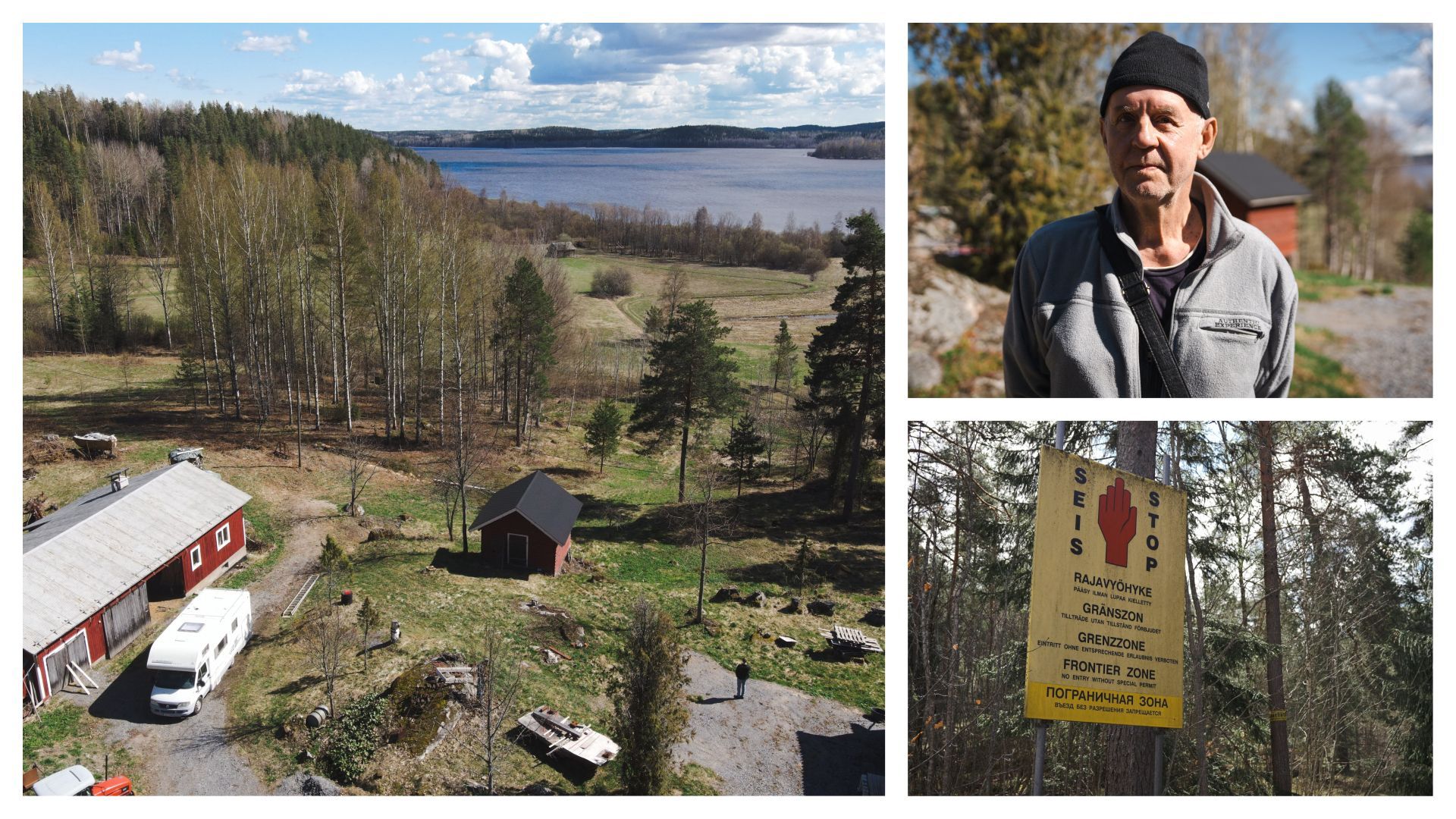Veli-Matti Rantala, a 72-year-old former maritime pilot, whose farm is a short walk from the Russian border at Suokumaa, holds a rusty old helmet in his hands, as he recounts the battles that took place in the surrounding forests.
“I’m not too worried about the situation anymore, now that we join the western community, help will come“, he says. For him, joining the alliance is a “need“.
Living a few hundred meters from the Russian border, in Vainikkala, Jaana Rikkinen grew up hearing Soviet and then Russian border guards on the other side of the lake where her sauna is located.
This 59-year-old teacher, whose uncles died during the war with the Sovietsalso feels “relieved“to probably soon be able to join NATO, even if in the past she had doubts about the bloc led by the Americans.
Now that we join the western community, help will come
Even after World War II, life near the Soviet border was sometimes scary, she says, with illegal border violations regularly taking place near her home.
“It always happened at night. First we heard the dogs, then the gunshots“, it souvient Jaana Rikkinen.
In 2001, a deserter from the Russian army crossed the border and entered a neighboring house, before committing suicide a little later after an exchange of fire with the local police.
Despite the region’s painful history, Finland’s cross-border commuters have always lived in close interaction with the Russians on the other side.
–


